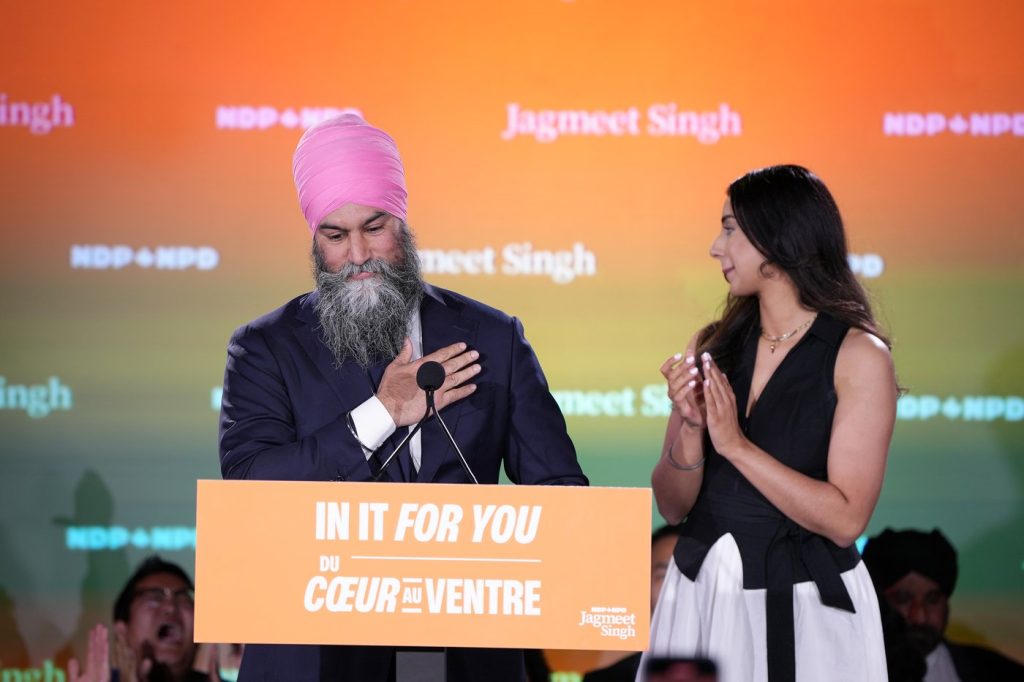The New Democratic Party (NDP) is gearing up for a significant leadership race following Jagmeet Singh’s upcoming departure. The national council of the NDP is scheduled to convene on Thursday evening to discuss and finalize the rules governing this leadership election. Singh's resignation has prompted discussions on how the party can restructure itself to overcome existing challenges, particularly financial ones.
Some party members, including former Members of Parliament, view the leadership race as an opportunity to enhance fundraising efforts that could address the NDP's campaign debts. This perspective suggests that a lively leadership contest may galvanize support and encourage donations, potentially revitalizing the financial stability of the party amid ongoing fiscal challenges.
However, there is a contrasting view within the party, particularly voiced by members of a group known as Reclaim Canada's NDP. These former party staff and MPs are advocating for a strategic shift in fundraising. They encourage NDP supporters to redirect their donations from the central party structure to local electoral associations. This initiative aims to strengthen grassroots support and build a more robust party foundation at the community level.
Rachel Blaney, a former NDP MP from British Columbia, expressed that allowing the central party to experience some financial strain could ultimately benefit local resources. By enhancing the financial capabilities of local electoral associations, the NDP could address its long-term viability and growth potential. Blaney’s call to action underscores the belief that investing in local campaigns can create a more sustainable environment for the party as a whole.
Contrastingly, Jordan Leichnitz, a former senior strategist for the NDP, critiques this grassroots funding approach as “self-sabotaging.” He argues that local riding associations, despite their importance, cannot successfully campaign or win elections without the robust support and infrastructure provided by the central party machinery. His caution reflects concerns that undermining the central party’s funding may hinder the party’s overall electoral effectiveness.
The NDP has faced noticeable challenges in recent electoral cycles. After the 2019 and 2021 campaigns, the party received over $3 million in rebates from Elections Canada. However, the recent election results reveal a troubling trend: fewer than 50 NDP candidates achieved the necessary threshold of securing at least 10 percent of the votes in their ridings to qualify for such rebates this year. This statistic highlights the current struggles the party faces in maintaining its presence and competitiveness in the political landscape.
As discussions progress, the upcoming meeting of the NDP national council will serve as a critical juncture for the party. Key decisions regarding the leadership race rules and the financial strategies to address mounting debts will likely shape the party’s future direction. Whether the NDP can successfully balance the interests of the central party with the grassroots aspirations of its members remains to be seen.










